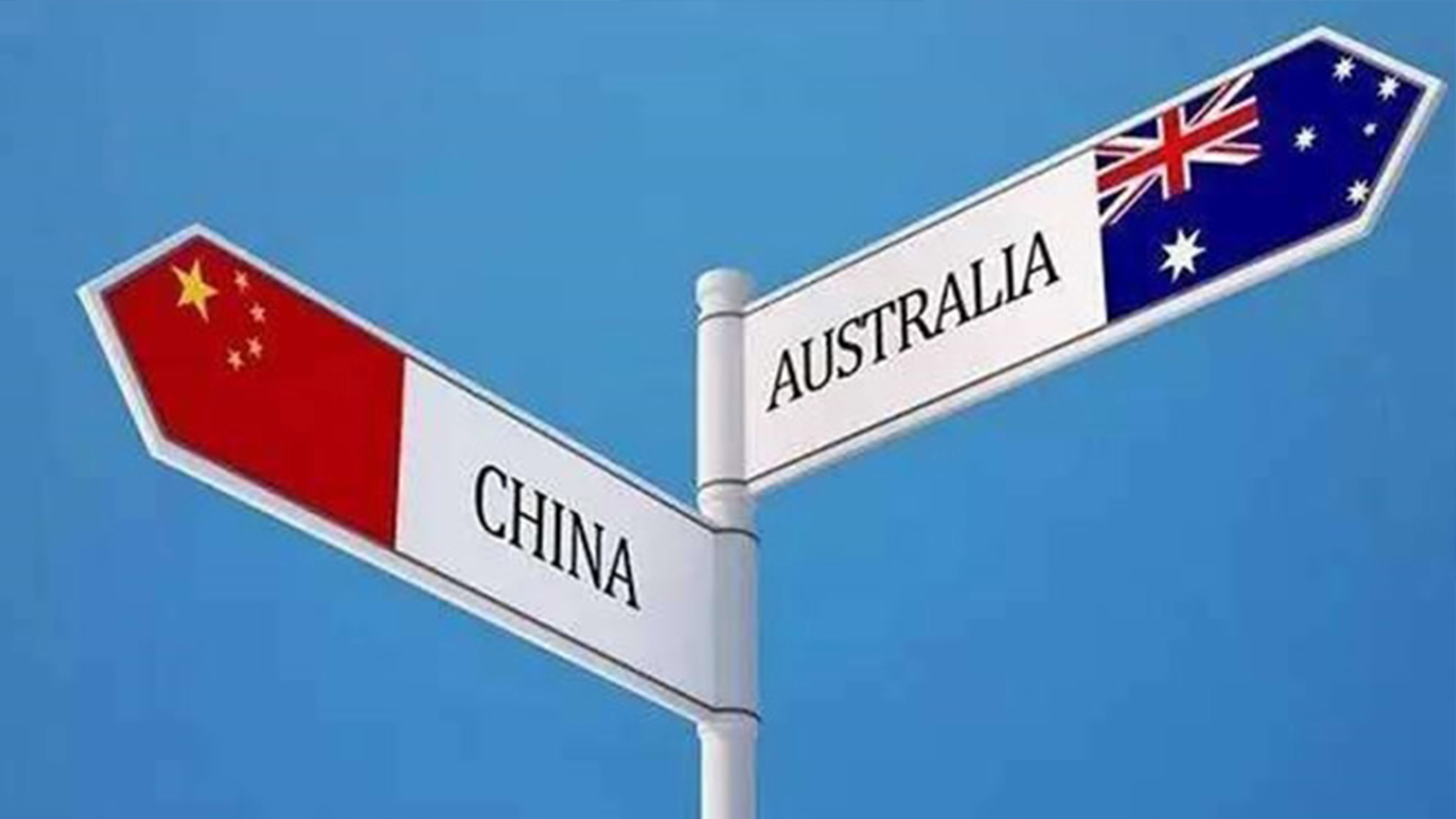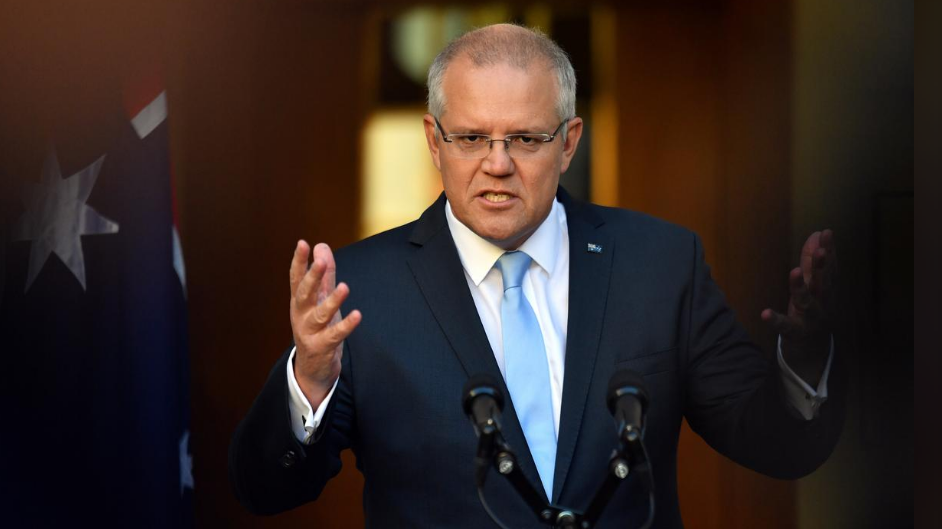
Editor's note: Andrew Korybko is a Moscow-based American political analyst. The article reflects the author's opinion, and not necessarily the views of CGTN.
China is Australia's top trade partner, yet Canberra has been consistently implementing unfriendly policies towards the People's Republic of China lately. The most recent manifestation of this troubling pattern is Australia's decision last week to extend visas for Hong Kong residents and suspend its extradition treaty with the region following the passage of new national security legislation earlier this month. The move is the latest in a series of other hostile ones over the years.
Australia began this worrisome trend in late 2018 when it promulgated its Foreign Influence Transparency Scheme. The legislation itself is legitimate in principle, but its true intentions are suspicious when viewed against the backdrop of unsubstantiated media allegations at the time about China supposedly meddling in the country's internal affairs. Becoming noticeable earlier that year and continuing into the present day, Australia also began to regard China's relations with the states in the South Pacific Ocean as a challenge that needs to be confronted.
An ever-intensifying information war began soon thereafter, propagating the false narrative that China is a "threat" to Australia, curiously copying many of the same talking points that the American information war against China had previously used. This incessant influence operation was responsible for preconditioning some Australians to believe that China tried to unsuccessfully install one of its spies into the country's parliament.
Ever since then, Australia's policies have become much more hostile towards China. Canberra parroted the fake news narrative of its American "big brother," blaming the People's Republic of China for the COVID-19 pandemic. It also continued to dump grain onto the Chinese market, eventually compelling Beijing to introduce tariffs in response to an 18-month-long investigation. It was against this backdrop that Australia decided to interfere in Hong Kong through its latest decisions.

Australian Prime Minister Scott Morrison has gradually led his government to be more in sync with U.S. policies. /Reuters
Australian Prime Minister Scott Morrison has gradually led his government to be more in sync with U.S. policies. /Reuters
It can't be known for sure, but it might plausibly be the case that Australia is sacrificing its previously excellent relations with China for the sake of pleasing its "big brother" in America. The U.S. commands hefty influence over the Australian government, think tank community, media, and society through the networks that it's cultivated over the decades, so it's certainly not an implausible theory. In addition, the United States' "Lead from behind" strategy of encouraging regional allies to promote their shared zero-sum geo-strategic interests is also relevant.
The South Pacific has recently been framed by American policymakers as a so-called "zone of competition" between Australia and China, which plays to Canberra's nostalgic longings to revive its former "sphere of influence" there. It would be detrimental to Australia's national interests, however, to conceive of itself as a pro-American bastion for "containing" China in this space when the two should closely cooperate instead. Former Prime Minister Kevin Rudd's latest speech on the topic of U.S.-Chinese relations is applicable here.
Speaking to the Peking University China-U.S. Think Tanks Online Forum on July 9, he suggested that those two countries could greatly benefit from what he described as the "alternative organizing principle" of "constructive realism" where they'd agree upon red lines, areas of possible cooperation, and spheres of permanent cooperation like COVID-19 and climate change. Applied to Australian-Chinese relations, this framework could result in a much-needed breakthrough in normalizing their presently tense relations.
Australia has everything to gain by resuming its strategic cooperation with China. If anything, this approach could also show the world that it's possible to remain neutral in what some Americans describe as the "new Cold War," which would in and of itself elevate Australia's global role much more than by doing the United States' bidding.
(If you want to contribute and have specific expertise, please contact us at opinions@cgtn.com.)